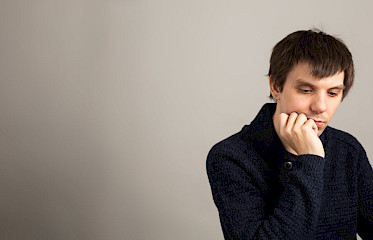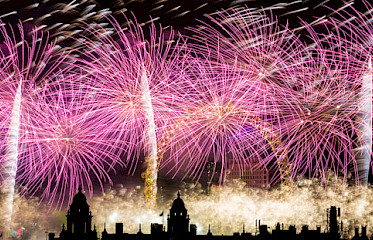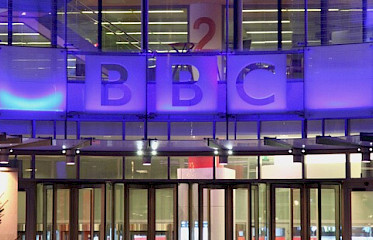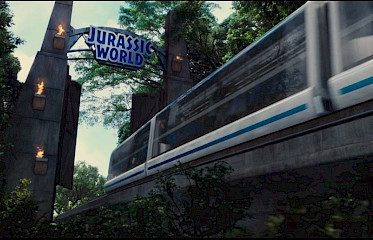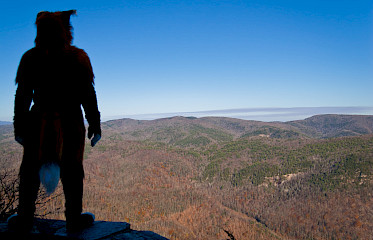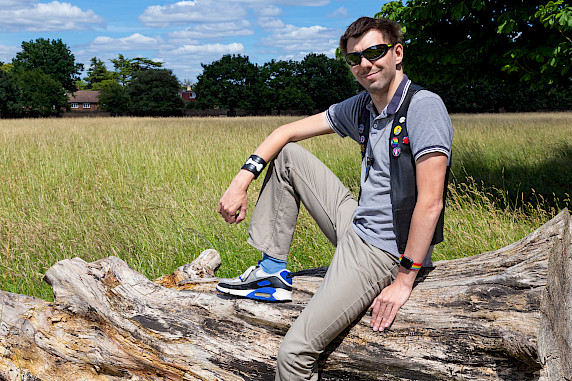
30 April 2025 12:00 am • Diary
A Fresh Start!
Hello and welcome to the new and improved Mikepaws website! … Here you will find my blog and thoughts, in a space where they are free from the social media algorithms and I can write as many sentences or paragraphs as I require. You will also find my old posts from my Wordpress site when this URL was hosting that as well. A new feature of this improved website is a photo gallery where I can…

